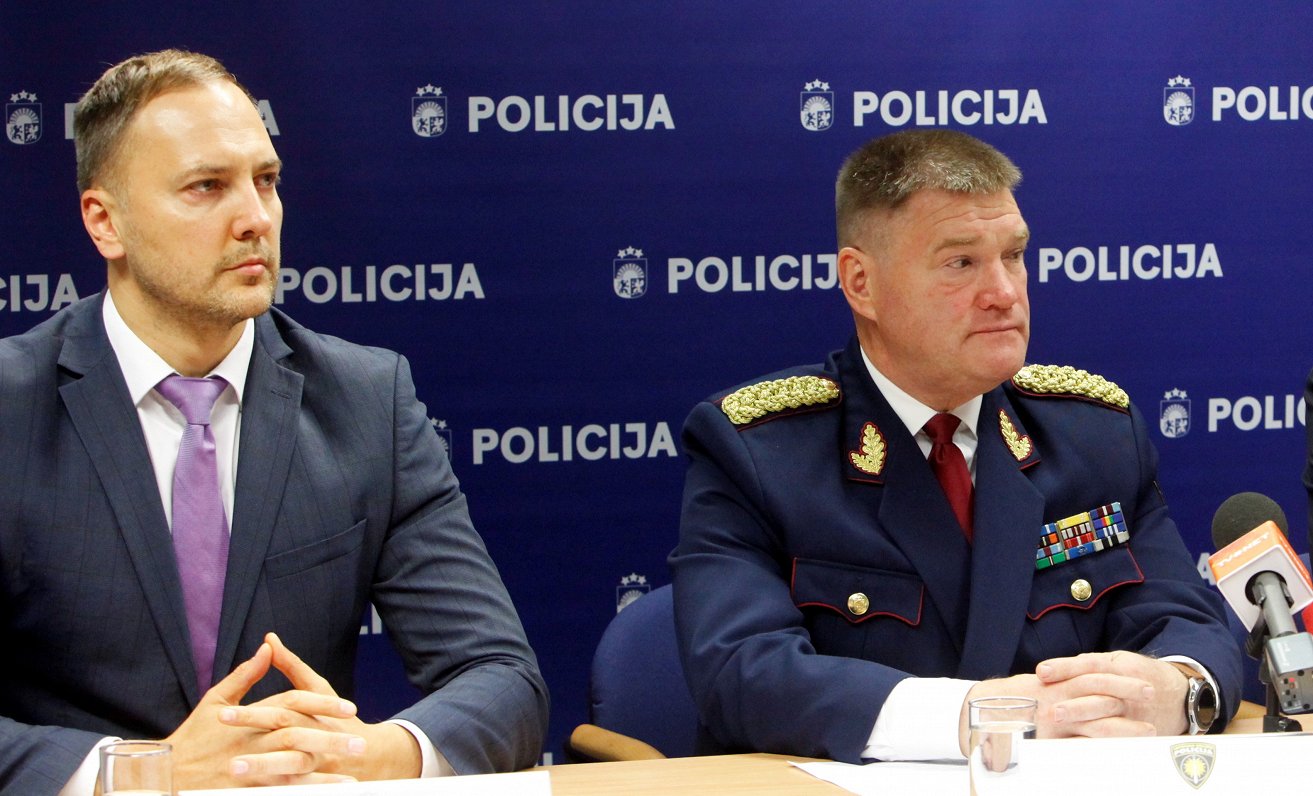A vision for a new, modern State Police has been created with the help of international experts. The reforms will be implemented after two years, and aim to improve police operations by upgrading investigation quality and law enforcement officer wages. Ķuzis says that the force must become more universal and mobile.
“Being a police officer, when we are called to location we must understand what are the first steps, launching a criminal process, collecting evidence, collecting some sort of material evidence and essentially handing it over to investigators,” says Ķuzis.
The plan includes the creation of a Strategic Development Unit, which will combine strategic planning, support and investigation. The Nordic countries operate on a similar model.
Police are currently fulfilling characteristic functions, such as security for various objects.
“We're fulfilling the role of a security company,” says Ķuzis, adding that these police officers aren't using their police skills, simply acting as security.
For example, police guarding a synagogue is defined by Cabinet of Ministers regulations, which Ķuzis says was a political decision. Not guarding six or seven of these objects would free up 70 officers, while the objects could be included in daily patrol routes.
Police could also decline to provide security for various events. In Estonia the State Police only secures two public events, the rest are the responsibility of the organizers, and Ķuzis thinks Latvia should follow this example.
The reforms would also affect finances by equating investigator salaries to district attorney wages. Redundancies are not part of the plan, which will be completed by January 1, 2021.



























